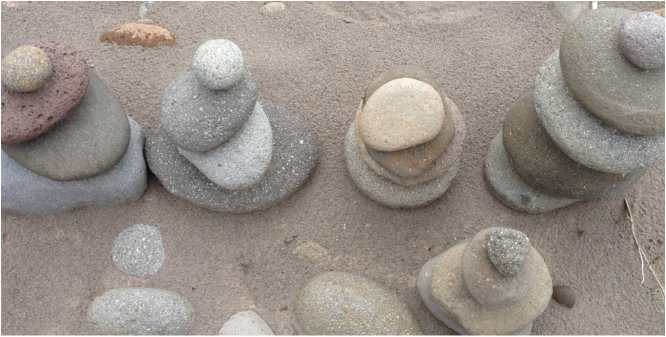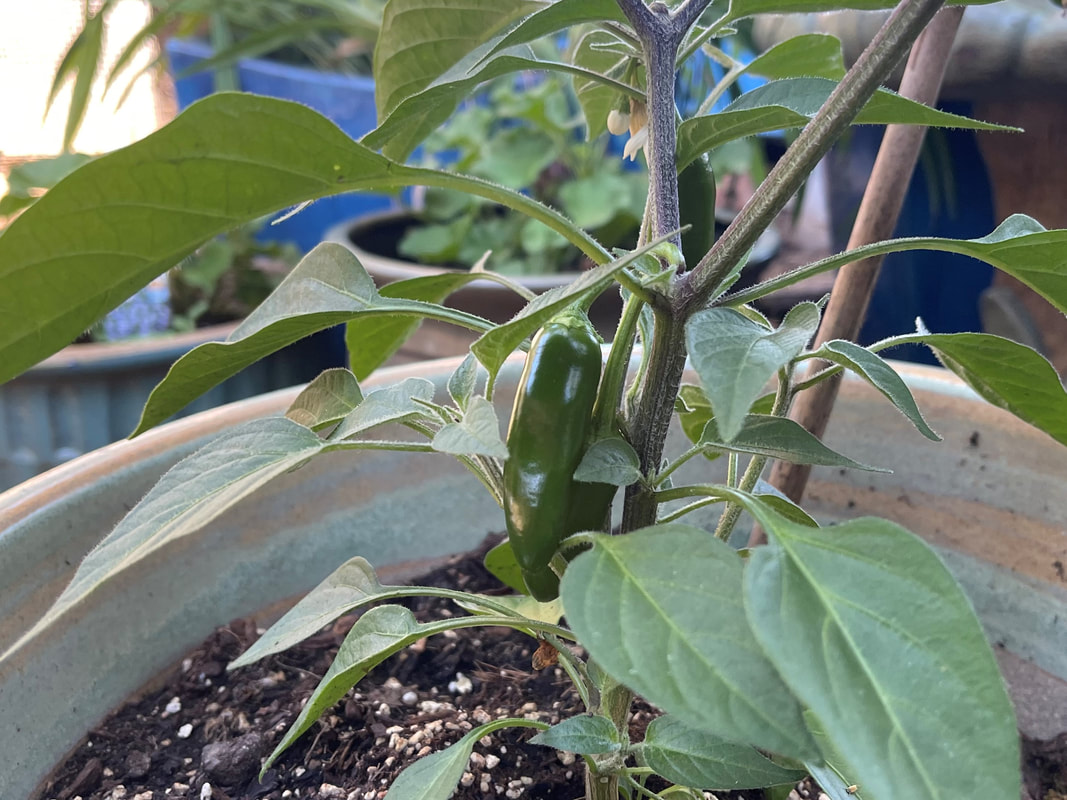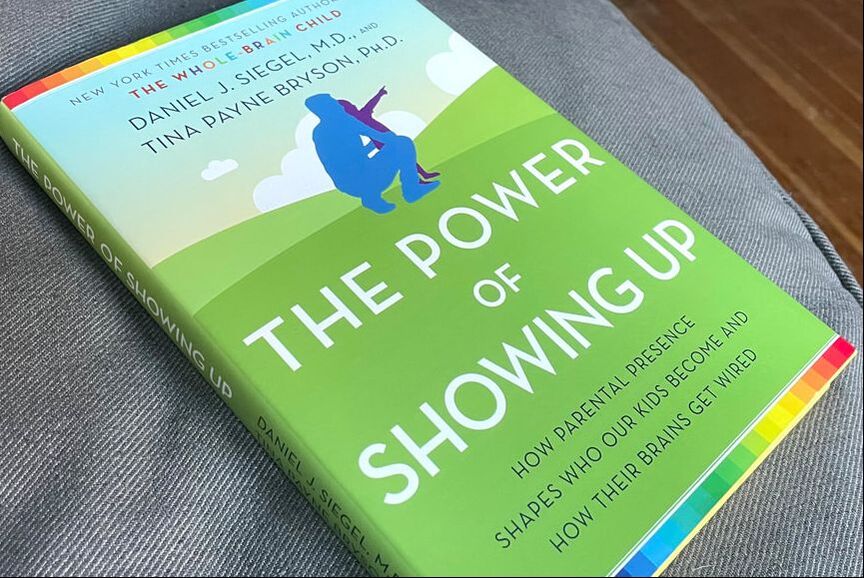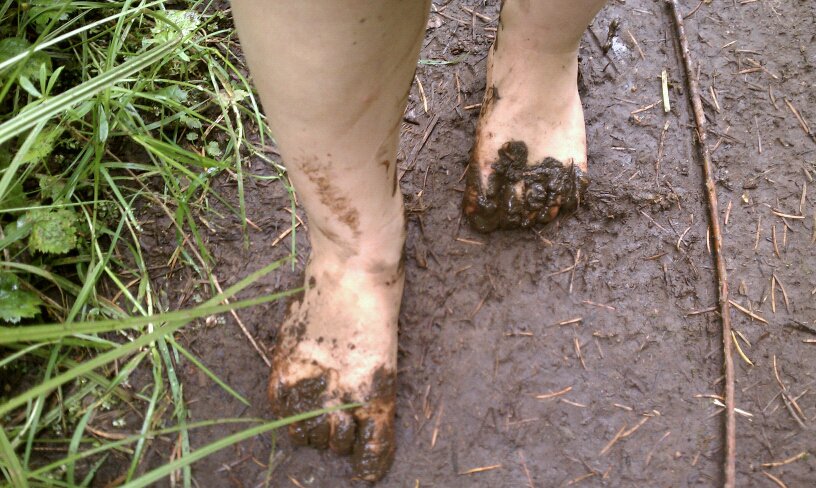|
I’m remembering the last time I was at the beach. It was in March. My family and I hadn’t been on a road trip, even a short one, for over a year due to COVID-19. We decided to escape for the day and drove to the Oregon coast.
I remember the freedom we all felt as soon as we stepped onto the sand, the feeling of aliveness, and the joy and beauty of it all. Feet sinking into the sand as I walked, the salty smell of the ocean, the cool wind on my face, and the sound of the waves crashing in. The light was spectacular that day. Big storm clouds in the sky and light sparkling on the water. I felt so free and light after being stuck at home for so long. I bring this experience to my mind and body to remind myself of the joy of the day and to extend it. It’s a practice called savoring that I learned from Deb Dana, author of The Polyvagal Theory in Therapy: Engaging the Rhythm of Regulation (Norton, 2018). Savoring regularly can interrupt the normal human negativity bias that we all have and help to build pathways of connection in our systems. It’s also simple for many of us, free, and takes very little time. A regular practice of savoring can build our capacity for more positive experiences, despite the challenging circumstances in our lives. Steps to Savor an Experience
It’s ok if other thoughts come into the experience. In fact, it’s likely that they will. When they do, you can simply move on. You can savor the same experiences again and again or new ones as they arise. If you think of it, next time you have a positive experience, try to hold it in your mind and embody it. The benefits come from practicing this skill and really feeling and extending those joyful experiences. I always wanted to raise my kids on acres of land. We’d plant gardens, have horses, swim in the lake or river on our property, and have friends over all the time. It would be a real community and a place that I could pass down to them someday, a real legacy.
Instead, we live in the city on a very small lot. No acres of land, no horses, and no lake or river to swim in. Due to a plethora of complex issues we have decided not to move away from where we are now. To be honest, I still dream about the “farm fantasy” and can sometimes spend a fair amount of time looking at real estate listings. I dream of beautiful views, more connection with the natural world, and harvesting and canning lots of tomatoes. But the thing is, when I’m always dreaming, I miss out on what’s happening here and now. It’s been hard for me to come to terms with this, but I have learned to create part of my “farm fantasy” here. Instead of views of forests and mountains, we have created a beautiful green sanctuary on our porch. We have views of the red flowering currant bushes that we planted years ago. The other day I watched a family of red-breasted nuthatches, the parent feeding the fledglings, and listened to the incessant begging calls right from my porch. We do have tomatoes and lots of other veggies growing in our garden and try to get out camping and to visit beautiful places as often as we can, especially those with swimming holes. My point is that while I’m still working on making the dream happen, another thing is happening now, and that is life. I don’t want to let it pass me by while I’m looking to be somewhere else. I have to learn to work on the bigger dream in the smallest of ways. My value of appreciating and sharing nature with my kids is still happening even though it doesn’t look like I thought it would. By creating everyday life experiences based on my values rather than my expectations, I influence my children in big ways. This spring I smiled inside when my teen said he wanted to grow hot peppers. I got the starts and in the end he didn’t help plant them and that’s ok. My other son and I did it and I know we will all reap the benefits of the pepper harvest. Even though it didn’t look like I thought it would, we are living part of the dream today. There is no one right way to be a parent. In fact, there are so many right ways to be a parent. There are, however, some scientifically-backed principles that best predict the healthy development of a child. Dr. Daniel Siegel and Dr. Tina Paine Bryson in their book The Power of Showing Up, How Parental Presence Shapes Who Our Kids Become and How Their Brains Gets Wired describe how.
The 4 S’s That Build Secure Attachment in Our Children: Safe - being a safe anchor for your child. This includes both protecting them from harm and not being a source of fear. Seen - attuning to your child’s emotions. This means taking notice of what emotions lie underneath behaviors. Soothed - being there for your child. Your child knows you are there for them during happy and hard times and everywhere in between. Secure - the result of the above. Your child knows that you are consistently “showing up” for them. The authors also remind the readers that we parents will make mistakes and that is to be expected. The best way to handle those are to make repairs and reconnect with our kids as soon as we can to re-establish safety and trust. Show Up for Yourself Too I really love the idea of applying the 4 S’s to ourselves. If we can be there for ourselves, attune to our own emotions, and soothe ourselves, perhaps we can cultivate a more internal secure attachment for ourselves as well as provide that for our kids. Just imagine how the world might change for the better if we all could cultivate this! I highly recommend reading this book. In the meantime you can download this “refrigerator sheet” for an easy reminder of the 4 S’s as well as simple strategies for each.  The other day I said something in a group that I later regretted. It was subtle and honestly I wasn’t sure if it was insensitive or not. Afterwards as I replayed the conversation in my mind, that old feeling of nervous energy began to surface in my gut. I was starting to feel both worry and shame that I may have hurt someone unintentionally. I called a friend and told them the story. Almost instantly they were full of advice that what I had said in the group was fine and I had nothing to worry about. After I hung up I realized I didn’t feel any better. Now, in addition to worry, shame and regret, I also felt discounted. “If we can share our story with someone who responds with empathy and understanding, shame can't survive.”― Brené Brown Instead of listening and letting me fully express my feelings, my friend had gone instantly to fixing which is so common in our culture. She was honestly trying to make me feel better, but in doing so, had deeply discounted my story. Whether I had said the wrong thing or not, what I really needed at that moment was not advice or problem-solving, but simply to be heard. Listen Like a Tree ― Grounded, Present and Non-Judgmental Later, I brought my situation to my journal and wrote it out which allowed me to express my feelings and decide what I wanted to do. Apply this to Parenting Deeply listening to your child (of any age) can bring your relationship closer and create a safe place for them to share their hurts and their joys. It can also assist them in letting things go. By being fully heard, we are more able to process feelings and not hold on to them. By doing this, we also learn to tap into our own inner wisdom instead of relying only on what others have to say. Here are some simple steps you can use in your practice of listening compassionately to your family. Be Present: Children mostly live in the present moment. In order to deeply listen to your child, you must first drop into a space where you are able to be fully present with them. You must temporarily drop your agenda, drop your distractions, and do whatever it takes to become present to the child in front to you. Say Nothing: Listening requires us to be quiet. Allow plenty of time for your child to tell their story without interrupting them. Depending on the situation and the age of the child, sitting close, holding them, or simple vocal acknowledgment that you have heard them creates validation. Use your body language to let them know you are hearing them. Listening in this way allows the feelings to be expressed and the stressed brain to become more regulated. Validate: Once the child feels fully heard, you may want to reflect back what you think you heard and ask if you got it right. Let the child know you get it, but refrain from going into your own story. If you don’t completely get it, ask what it was like for them as you continue to listen. In summary, compassionate listening requires us to refrain from interrupting; refrain from giving advice; refrain from making judgments; refrain from fixing the situation; and refrain from complaining or making it about our own story. Listen like a tree, with your full presence, and create a field of safety and comfort for your family. Over time, the small issues they come to you with will inevitably become bigger issues. This practice will allow them to know that you have their backs, that you get them, and that they can come to you with their problems. If a solution to a problem is wanted, explore it with your child after they feel heard, and allow them to lead. When I first became a mom 12 years ago, I noticed something right away. I noticed that everyone started giving me advice. From feeding the baby to getting him to sleep, I heard it all.
“You're breastfeeding, right?” “You have to introduce a bottle right away.” “You’ve got to lay him down when he’s asleep and get him used to being without you.” “Just put him in a sling for naps.” A lot of other things too. It was really overwhelming and even though people were trying to be helpful, I realized right away that I would need to remember how to trust myself. Well-meaning people also told me I should distract him so I could get some things done and that I should get childcare so I could go have some time to myself. When I heard all of this I got that terrible, sinking feeling in my gut that told me something felt off. I didn’t have any desire to distract or leave my baby. And so out of the exhaustion of being a new mom, and the overwhelm of so many decisions, came something incredible. I remembered how to trust myself. I realized that I was the one who knew the most about my baby. I was the one who was deeply connected to him through nursing, co-sleeping, soothing his cries, and spending all my time with him. And I was the one who was going to decide how to best mother him. The act of becoming a mother allowed me to tap back into my own wisdom, listen to my intuition and actually remember to trust myself. I say remember, because simply living in a culture where the standard is to look outside of ourselves for answers, validation, and approval often steers us away from our own truths. From the start we are rarely encouraged to trust ourselves and after over 30 years of this I had lost touch with that part of myself. This is no small matter when mainstream parenting culture encourages us to:
By trusting myself and following my intuition, I do my best to consciously:
Deciding to mother with these principles has felt right to me and that decision came from trusting myself. It’s certainly not what people advised me to do. It’s allowed me to grow as a mom and focus on my relationships with my kids above their behavior. For this I am extremely grateful. Don’t get me wrong. I make mistakes daily. I learn and grow from parenting most days and I still consult family, friends, experts, and books. However, with that I am able to decipher what resonates for me instead of just going along with whatever someone tells me. Remembering to trust myself is just one of the many gifts I have recieved from my children. Where in your parenting are you trusting yourself? How are you allowing your children to trust themselves?  I am beginning to understand just how much people really don't need my advice unless they ask for it. This is a hard lesson to learn for me as this advice-giving pattern seems to be ingrained in my being. Especially being a mom, I often find myself full of too much advice for my boys, who are 12 and 9. I have to take a pause and remind myself that they really don't need someone telling them what to do. What a realization! Giving advice to someone can discount their story and worse, make it seem as though my story is more relevant than theirs. It can also open the door for disconnection and can be a sign that you aren't really listening to the other. In the case of my sons, when advice was given, the one on the receiving end felt hurt and judged as if what he said (or thought, or made, or did) somehow wasn't good enough. So what am I to do when I feel the urge to give unsolicited advice to my kids?
I find when I can remember to come from this accepting place, things go a whole lot better. The receiving person usually feels heard and accepted instead of judged and rejected. More importantly they are given more space to figure out their next steps themselves. This, to me, is a big gateway to connection.  Today is a windy day. The sky is a bold, beautiful and bright blue with fluffy clouds. The sun is shining and it is very cold. I go out in the morning and the cold air reminds me that I am alive. I look into the sky and feel my mind opening to the possibilities of the day. I sit quietly and hold onto this feeling, the feeling of possibility, the feeling of connection. I listen to the sound of the trees blowing in the wind. I carry this feeling with me throughout the day. The image of the sky is patterned in my brain. I see the different hues of blue, the light from the sun shining on the dogwood branches as they blow in the wind, the shadows they cast. I am reminded that I am part of something bigger. The next time my sons argue (which seems to happen quite frequently) I draw on this feeling. I feel that expansiveness and diversity of color, shadow, light, and dark. I accept them for who they are, both their light and dark sides. When things between them cross the line I use this feeling to remind me to listen and offer empathy. I remember what they are capable of developmentally. I help them remember to listen to each other and I support them to resolve their difficulties together. We do this a lot and they feel heard. They know their voices matter. They usually work it out. They learn to resolve these conflicts over time. They learn to listen to each other. They learn that their needs have value. We all form these new patterns in our brains. |
Abby is a somatic coach for sensitive moms with older kids who are at a crossroads. They replenish and rediscover themselves, reclaim their sense of confidence, clarity, and well-being and empower themselves to create a path that lights them up. Categories
All
|



